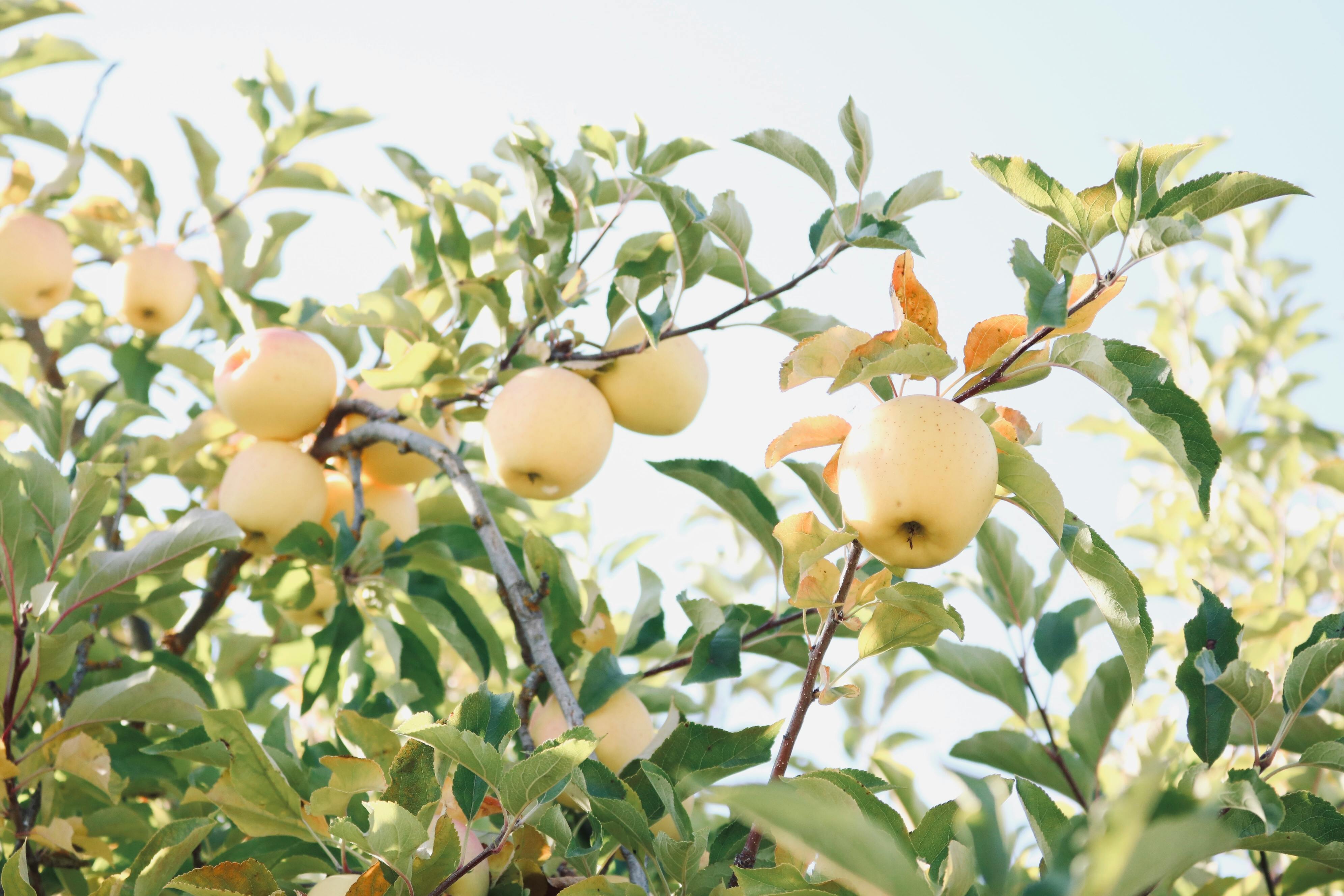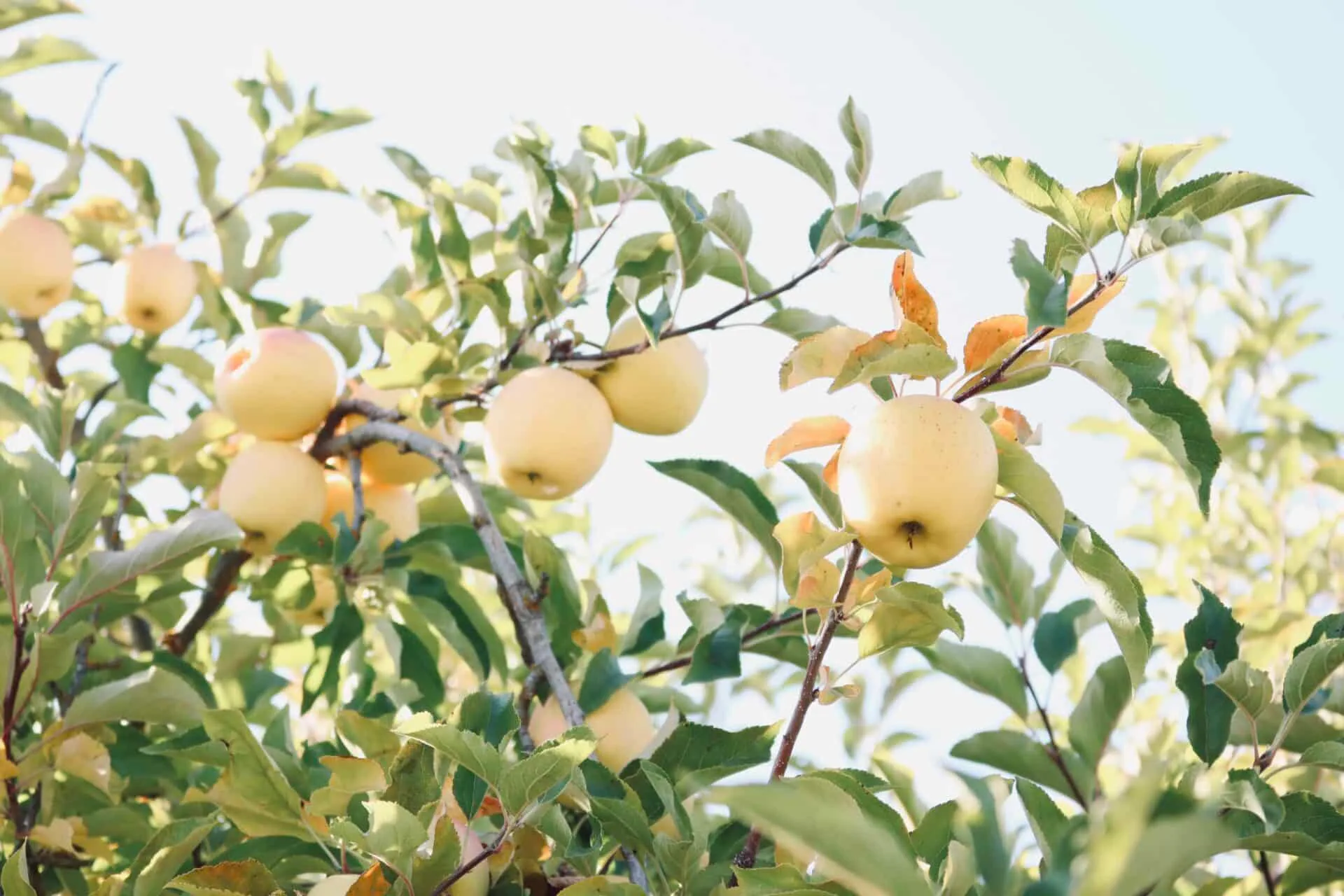The FODMAP Diet
The FODMAP diet is an evidence-based dietary strategy that helps reduce symptoms of irritable bowel syndrome (IBS) and other digestive disorders. It involves eliminating certain fermentable carbohydrates called FODMAPs from the diet, which are known to trigger digestive issues in some individuals. To successfully follow the diet, it is important to understand which foods are high in FODMAPs and which are low in order to make informed food choices. Once the individual is aware of their dietary triggers, they can begin to modify their eating habits and create a diet plan that works for them.The FODMAP diet focuses on avoiding foods that contain fermentable carbohydrates such as fructose, lactose, fructans, galactans, and polyols. These carbohydrates are found in a variety of foods including dairy products, certain fruits and vegetables, wheat-based products, beans and legumes, artificial sweeteners, honey and many processed foods. By avoiding these ingredients in the diet, individuals can reduce their symptoms of IBS or other digestive issues by reducing the amount of fermentation that takes place in the intestine.
In addition to avoiding certain foods with high levels of FODMAPs, individuals following the diet should also focus on eating a balanced diet with plenty of fiber from fruits and vegetables as well as lean proteins. Eating smaller meals more frequently throughout the day can also help reduce symptoms associated with IBS or other digestive issues. With careful planning and understanding of one’s dietary triggers it is possible to find relief from IBS or other digestive health issues through following the FODMAP diet.
Is Monk Fruit Low FODMAP?
Monk fruit is a low FODMAP food, meaning it is safe to consume for those following the low FODMAP diet. Monk fruit, also known as luo han guo, is a small green melon native to Southeast Asia. It has been used in traditional Chinese medicine for centuries for its medicinal properties. The extract of monk fruit is up to 200 times sweeter than sugar, making it a popular sweetener for those looking to reduce their sugar intake. Monk fruit contains no fructose or sucrose and is naturally low in calories and carbohydrates. It’s considered safe for those on the low FODMAP diet, as it doesn’t contain any fermentable carbohydrates that can trigger digestive symptoms in some people with IBS. Therefore, if you are following a low FODMAP diet, monk fruit can be a great alternative sweetener.Monk fruit can be found in many forms such as powder, liquid extract or granulated powder. The most common form is the powdered form which can easily be incorporated into baking recipes and beverages for a natural sweetness without added sugar or artificial sweeteners. Monk fruit extract can also be used to sweeten coffee and tea without adding any calories or carbohydrates. When buying monk fruit products, make sure to read the labels carefully as some may contain other ingredients such as corn syrup or dextrose which are not considered low FODMAP friendly.
Monk Fruit Sweetener and IBS
Monk fruit sweetener is a natural, zero-calorie alternative to sugar that has become increasingly popular in recent years. It’s derived from the plant Lo Han Guo, which is native to parts of Southeast Asia. For those with IBS (Irritable Bowel Syndrome), this sweetener can be a great option as it does not contain the same sugars and carbohydrates found in regular sugar or artificial sweeteners which can often trigger an IBS flare-up. Unlike other artificial sweeteners, monk fruit sweetener does not have a bitter aftertaste. It has also been shown to have antioxidant properties, helping to reduce inflammation in the body.While monk fruit sweetener is generally safe for people with IBS, it is still important to pay attention to how your body responds when consuming this product. If you are experiencing any type of discomfort or irritation after consuming monk fruit sweetener, it is best to discontinue use and speak with your doctor or healthcare provider about other options for managing IBS symptoms. Additionally, if you are following a specific diet plan such as FODMAPs or Low-Residue diets for managing IBS symptoms, it may be wise to check with your doctor before adding monk fruit sweetener into your diet plan.
Overall, monk fruit sweetener can be a great alternative for those with IBS who want to reduce their sugar intake but still need something sweet. While it may not be suitable for everyone, most people can safely enjoy this natural alternative without worrying about triggering any unpleasant symptoms associated with their condition.
Types of Monk Fruit Sweeteners Available
Monk fruit sweeteners are made from the extract of the monk fruit, a small round melon-like fruit native to Southeast Asia. Monk fruit sweeteners are becoming increasingly popular as an alternative to sugar and other artificial sweeteners due to its low calorie content and natural sweetness. There are several types of monk fruit sweeteners available, each with its own unique properties.The most common type of monk fruit sweetener is a powdered form, which is made by grinding up the dried and powdered monk fruit extract. This form of sweetener has a light sweetness with no aftertaste, making it perfect for baking or cooking. It can also be added to beverages like tea or coffee for a natural sweetness without added calories.
Another form of monk fruit sweetener is a liquid extract that is made by blending the monk fruit extract with water or other liquids such as coconut milk or almond milk. This type of liquid extract has a sweeter taste than the powdered form and can be used in place of sugar in recipes such as cakes, muffins, and cookies.
A third type of monk fruit sweetener is a syrup that is made by boiling down the extracted juice from the monk fruit combined with sugar or honey. This syrup has a strong and intense sweetness and can be used in place of regular syrup on desserts such as ice cream or pancakes. It can also be added to beverages like smoothies or milkshakes for an extra boost of natural sweetness without added calories.
Finally, there is also an organic version of monk fruit sweetener available that has been certified organic by US Department Agriculture (USDA). This type of organic monk fruit sweetener has been processed without any artificial ingredients or preservatives and is usually more expensive than other forms of monk fruit sweeteners but may offer additional nutritional benefits due to its higher concentration of antioxidants.

Monk Fruit Sweetener
Monk fruit sweetener is a natural sugar alternative made from the extract of the monk fruit. It is a low-calorie sweetener that has been gaining popularity due to its many health benefits. Monk fruit sweetener is a great option for those looking to reduce their sugar intake as it provides sweetness without the added calories or carbohydrates found in traditional sugars. It has also been shown to have potential anti-inflammatory and antioxidant properties, making it an attractive option for those looking to improve their overall health.Low FODMAP Diet
The Low FODMAP diet is an elimination diet designed to reduce symptoms of digestive distress such as bloating, gas, and abdominal pain. It eliminates certain carbohydrates called Fermentable Oligosaccharides, Disaccharides, Monosaccharides and Polyols (FODMAPs) which are known to be difficult for some people to digest. The Low FODMAP diet may be beneficial for those with irritable bowel syndrome (IBS) and other digestive disorders as it can help reduce symptoms associated with these conditions.Research on Monk Fruit Sweetener and the Low FODMAP Diet
Recent research has suggested that monk fruit sweetener could be beneficial for those following the Low FODMAP diet as it does not contain any FODMAPs that could potentially aggravate symptoms associated with IBS or other digestive issues. This makes it an attractive alternative to traditional sugars which do contain some forms of FODMAPs. Additionally, monk fruit sweetener may provide additional health benefits due to its antioxidant and anti-inflammatory properties which may help reduce overall inflammation in the body. Further research is needed in order to fully understand the potential benefits of monk fruit sweetener on the Low FODMAP diet but initial studies have been promising.Benefits of Using Monk Fruit Sweetener
Monk fruit sweetener is a healthy and natural alternative to sugar. It is made from the extract of monk fruit, a small melon-like fruit native to Southeast Asia. Monk fruit sweetener offers many health benefits, including being calorie-free and having a low glycemic index. It also has antioxidant properties, which can help reduce inflammation and promote overall health. In addition, it is much sweeter than other sweeteners, so you can use less of it for the same amount of sweetness.Using monk fruit sweetener instead of regular sugar or artificial sweeteners can help you cut down on added sugars in your diet. This can be beneficial for people with diabetes or those trying to lose weight, as it will allow them to satisfy their sweet tooth without spiking their blood sugar levels or adding extra calories. Research has also shown that consuming monk fruit extract may help lower blood pressure and cholesterol levels, which can reduce your risk of heart disease.
Monk fruit sweetener has a pleasant flavor that won’t alter the taste of your food like some artificial sweeteners do. It is easy to use in baking, cooking and beverages. You can also use it as an ingredient in homemade jams or jellies for a natural sweetness without any added calories or carbohydrates. Monk fruit extract is available in liquid or powder form at most health food stores and online retailers.
In conclusion, monk fruit sweetener is an excellent alternative to regular sugar and artificial sweeteners. It has many health benefits and adds natural sweetness without adding calories or carbohydrates. Plus, it won’t alter the flavor of your food like some other types of sweeteners do.
Is Monk Fruit Sweetener Safe for a Low Fructose Diet?
Monk fruit sweetener offers a great alternative for those seeking low fructose fruit options. Unlike traditional sweeteners, it contains zero fructose and is safe for individuals on a low fructose diet. This natural sweetener provides the sweetness you crave without the digestive discomfort associated with high fructose consumption.
Advantages of Using Monk Fruit Sweetener
Monk fruit sweetener is a natural, low-calorie sweetener that has recently gained popularity as an alternative to sugar. It has numerous benefits, including being free of calories, carbohydrates, and added sugars. Additionally, it is much sweeter than sugar, so a little bit goes a long way. Furthermore, monk fruit sweetener does not affect blood sugar levels like other sweeteners do. This makes it an ideal choice for diabetics or people looking to reduce their overall sugar intake. Furthermore, since monk fruit sweetener is made from the whole fruit extract, it contains antioxidants and other beneficial compounds which may be beneficial for health.Disadvantages of Using Monk Fruit Sweetener
While there are many advantages to using monk fruit sweetener instead of sugar, there are also some drawbacks. One of the main drawbacks is the cost; monk fruit sweeteners tend to be more expensive than traditional sugar because they are made from an extract of whole fruits rather than just refined sugars. Additionally, some people may find the taste of monk fruit sweeteners to be slightly different than that of traditional sugar. Finally, some people may experience digestive upset when consuming large amounts of monk fruit sweeteners due to its high fiber content.
Conclusion
Overall, monk fruit sweetener is low FODMAP and safe for those on a low FODMAP diet. While it is not without its drawbacks, such as the fact that it is more expensive than other sweeteners, its benefits outweigh the cons. Monk fruit sweetener is a great alternative to sugar and other artificial sweeteners for those who are looking for a healthier option. It has a sweet taste without the calories and offers a variety of health benefits. With its natural sweetness and low FODMAP content, monk fruit sweetener can be a great addition to any diet.In conclusion, monk fruit sweetener is an excellent option for those on a low FODMAP diet. With its natural sweetness and health benefits, it provides an excellent alternative to sugar and artificial sweeteners. Its low FODMAP content makes it safe for those with IBS or other digestive issues, making it an ideal choice for those looking to improve their health and quality of life.



